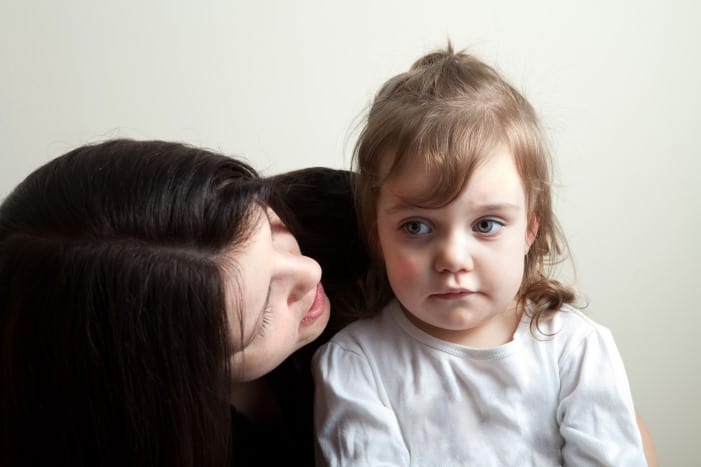Child Discipline
Every child has discipline issues at some stage and every parent faces a dilemma about how to face the challenge. On the one hand, we want our child to be well behaved and polite, yet on the other hand, we don’t want to be too controlling.
There are many different opinions regarding child discipline and the best way to raise well-behaved children. While some of the theories are controversial many are agreed upon by all experts in the field.
The following are some of the basic agreed-upon rules of discipline.
Be consistent and make sure that expectations are clear – be consistent about rules and boundaries. Children are constantly checking their boundaries. Make sure that there is no confusion as to what is allowed and what is forbidden. When children see that rules are not enforced then they sense that those rules are not important and do not need to be abided by.
- Respect should be mutual – the family should be a mutual support system. Children should both be given and receive respect. If you don’t listen to your child then you cannot expect your child to listen to you. When your child has something to say, stop what you are doing and listen. If your child is very young you may even want to bend down and look at him or her. The best way to show your child the importance of doing something is to set a good example.
- Not everything works out exactly the way we want it to – some experiences in life are frustrating. We may want something very much but that doesn’t mean that we get whatever we want. That includes the toy that the child’s friend or sibling is playing with or candy at the grocery store. Children are going to have to deal with frustration and disappointment at a certain stage and there is no better time to start. You obviously don’t have to deny them things in order to teach them this important lesson. There will be enough disappointments on the way. Look at them as learning opportunities. As you know, life isn’t always fair, at any age.
- Make sure that your children feel loved no matter what – Children should know that you love them even when you get upset with them. You can be angry with them and still love them. This isn’t clear to all kids.
- Emphasize positive behavior – rewarding good behavior is better than punishing bad behavior. Tell your child when you are happy with his or her behavior rather than only reprimanding for bad behavior. Reward charts are excellent tools to implement this rule. This site offers many free reward charts for kids for this purpose.

